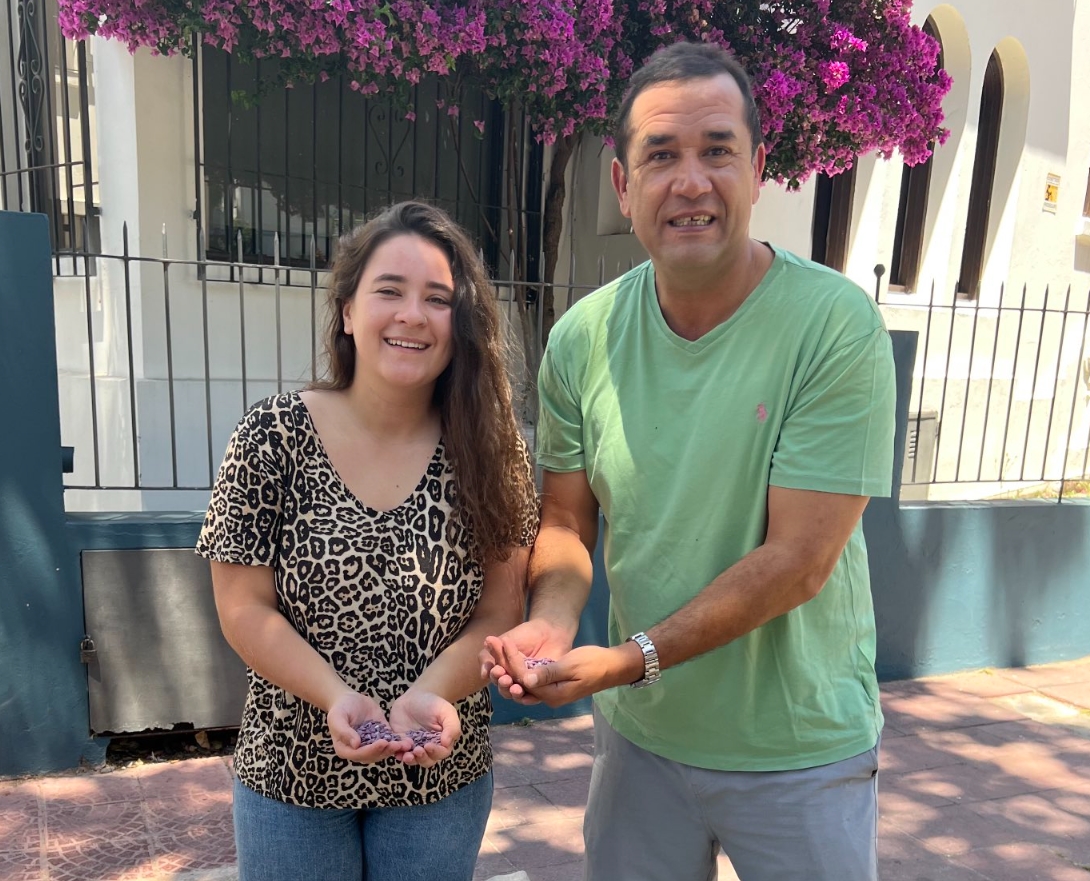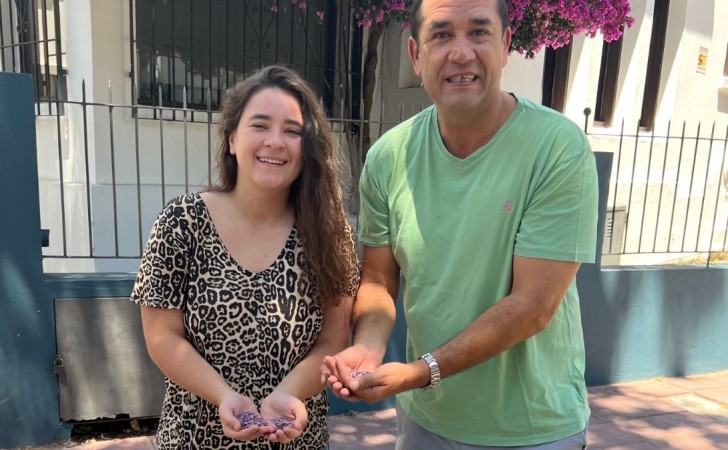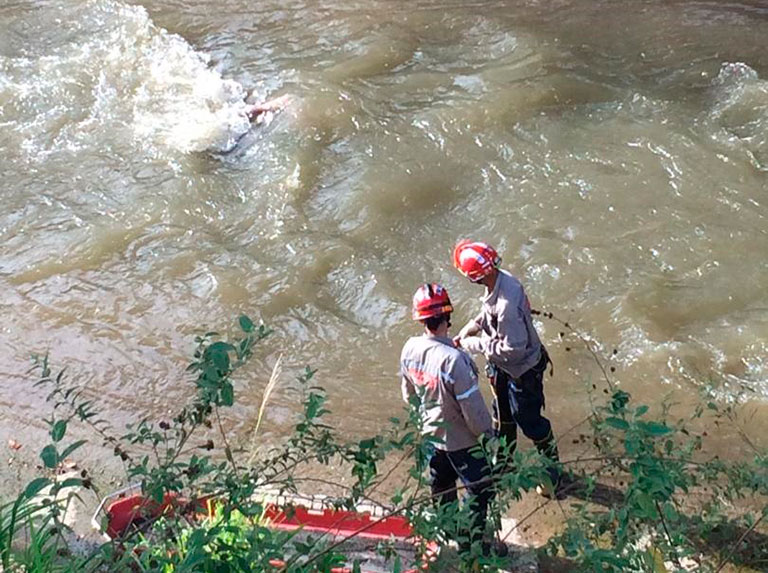
The Government has decided to postpone the payment of the rural four-month period from the Social Welfare Bank (BPS), a tax that rural producers must pay as an employer contribution to the BPS, as announced by Senator Sebastián Da Silva. This measure has been taken to alleviate the situation of producers who have suffered the consequences of the extreme drought that is plaguing the country and that has made their agricultural and livestock activities difficult.
The rural four-month period is paid per hectare and its due date was scheduled for mid-January. However, the President of the Republic, Luis Lacalle Pou, and the Minister of Economy and Finance, Azucena Arbeleche, have agreed on a decree to postpone this tax. According to the president of the Rural Federation, Martín Uría, this postponement will allow many producers to have these resources for a few more days to face the drought and buy bales and rations for their animals.
However, it is important to note that this is a postponement and not a waiver. Rural producers will still have to pay the rural four-month period at a later time, although for the moment they have been given a break to be able to face the difficult situation they are going through due to the lack of rain. As explained by Senator Da Silva, this measure has been taken so that producers can have that money to face the drought and wait for the weather to normalize, scheduled for February.
Da Silva celebrated a “historic” harvest
Last June, the nationalist legislator and wealthy agricultural producer celebrated that winter crops were going to give record harvests: “Winter crops would exceed 700,000 hectares for the first time,” said an article shared by the senator on his Twitter account on June 21.
On December 27, he retweeted a photo of a person identified as Santiago Ferrando showing meat of Uruguayan origin, sold at a New York butcher shop that says 100% grass-fed. On December 30, he shared a decree from the Ministry of Livestock, Agriculture and Fisheries (MGAP) in which cattle grazing on public roads was enabled.
Already in January of this year, he expressed complaints about the lack of rain last year: “Throughout the whole of the 22nd there was a lack of rain, postponing this payment for a month allows the small producer to have that money to face this drought with ration bales and wait for the theoretical normalization of the weather in February”, he tweeted.
“Everything suggests that the winter crop area will exceed 700,000 cultivated hectares for the first time this year, with a technical tie between wheat and rapeseed around a quarter of a million hectares, and around 200,000 hectares of barley,” he said. the article from the Blasina y Asociados study that Da Silva shared.
“According to other private estimates of the agricultural sector, the slightly more than 700,000 hectares planted at a very good rate between May and June would be divided between wheat and rapeseed with some 250,000 hectares of each crop and between 210,000 and 220,000 of barley, between malt and fodder”, added said article from the study specialized in agriculture.







